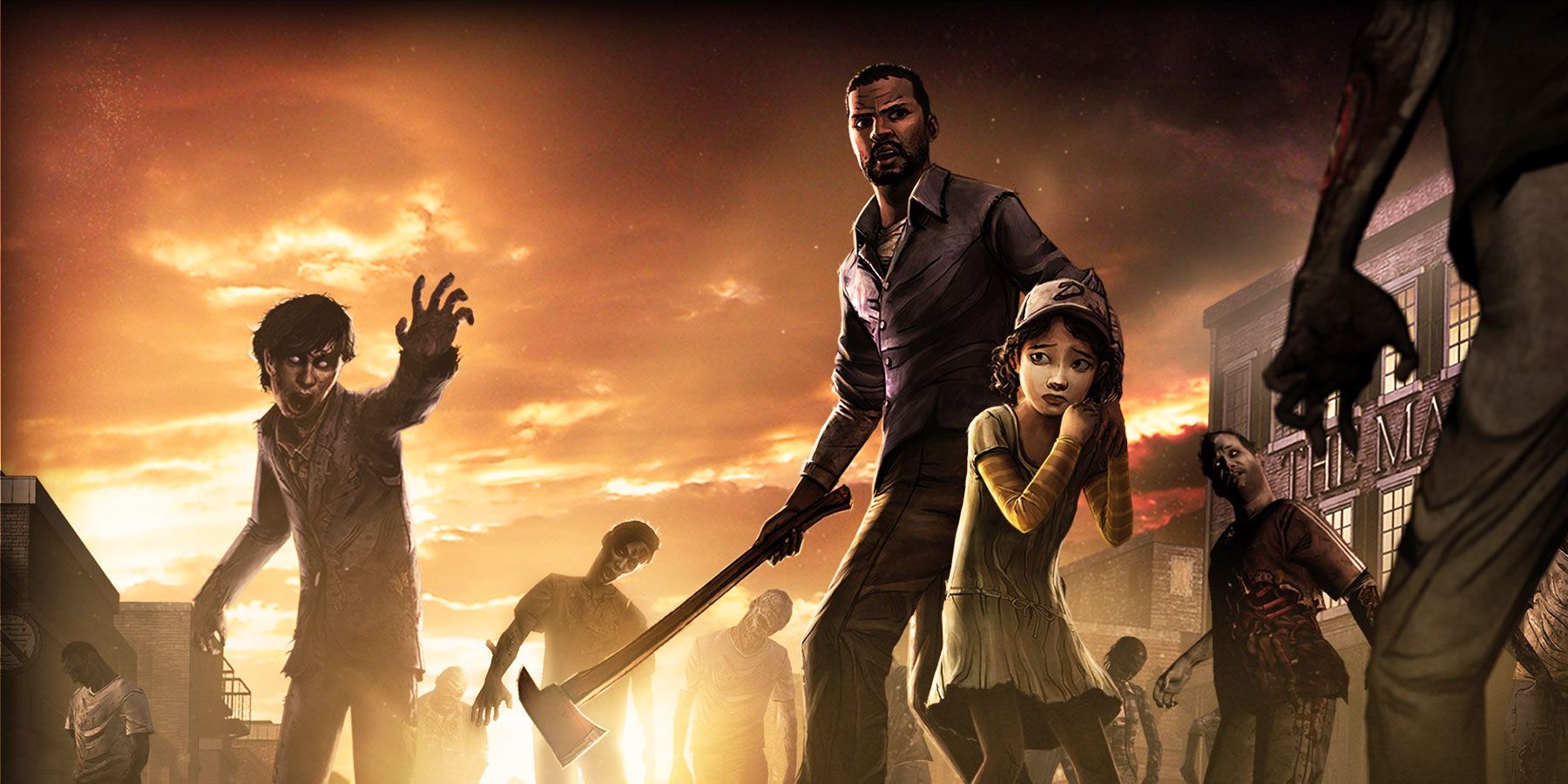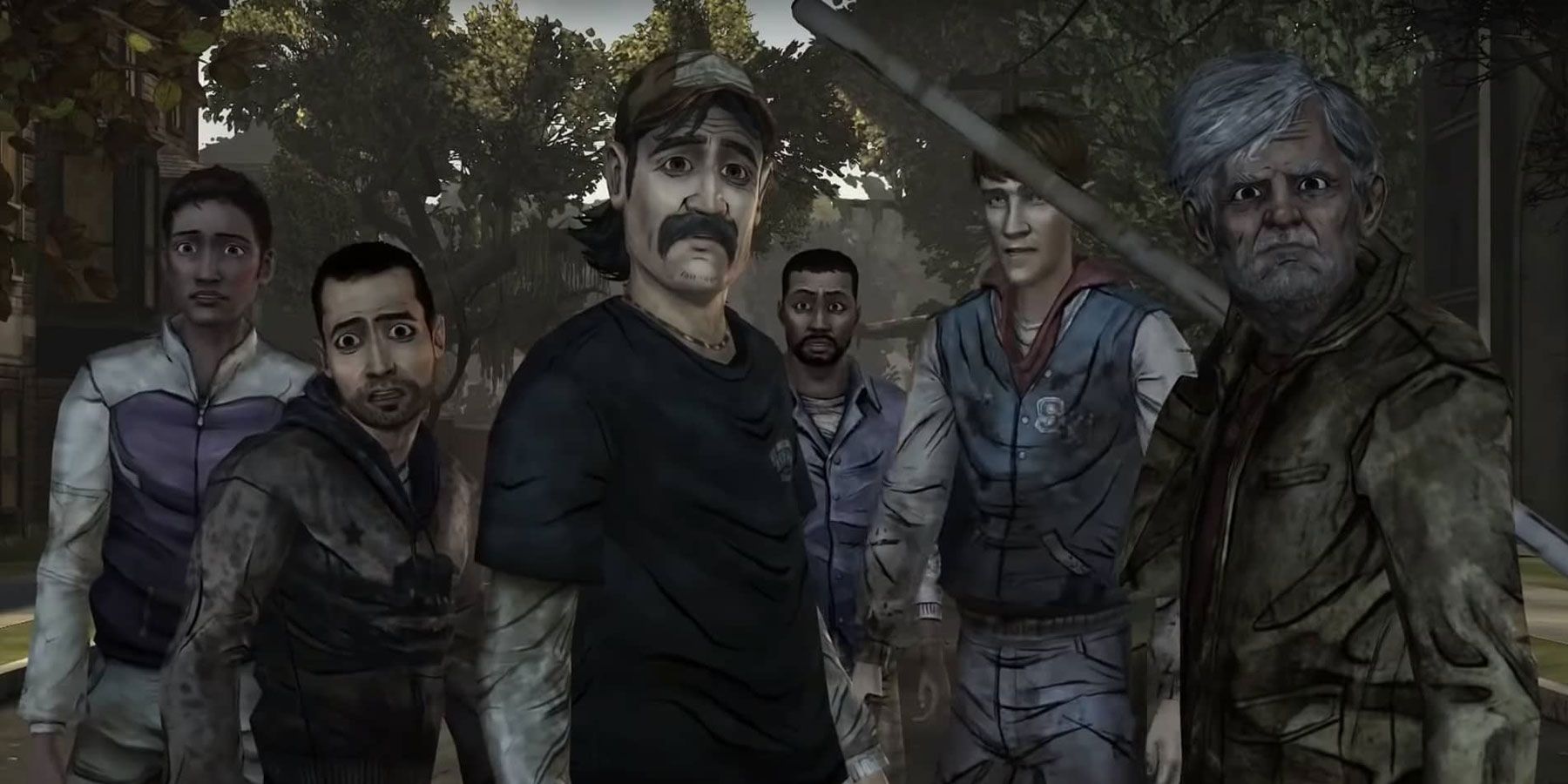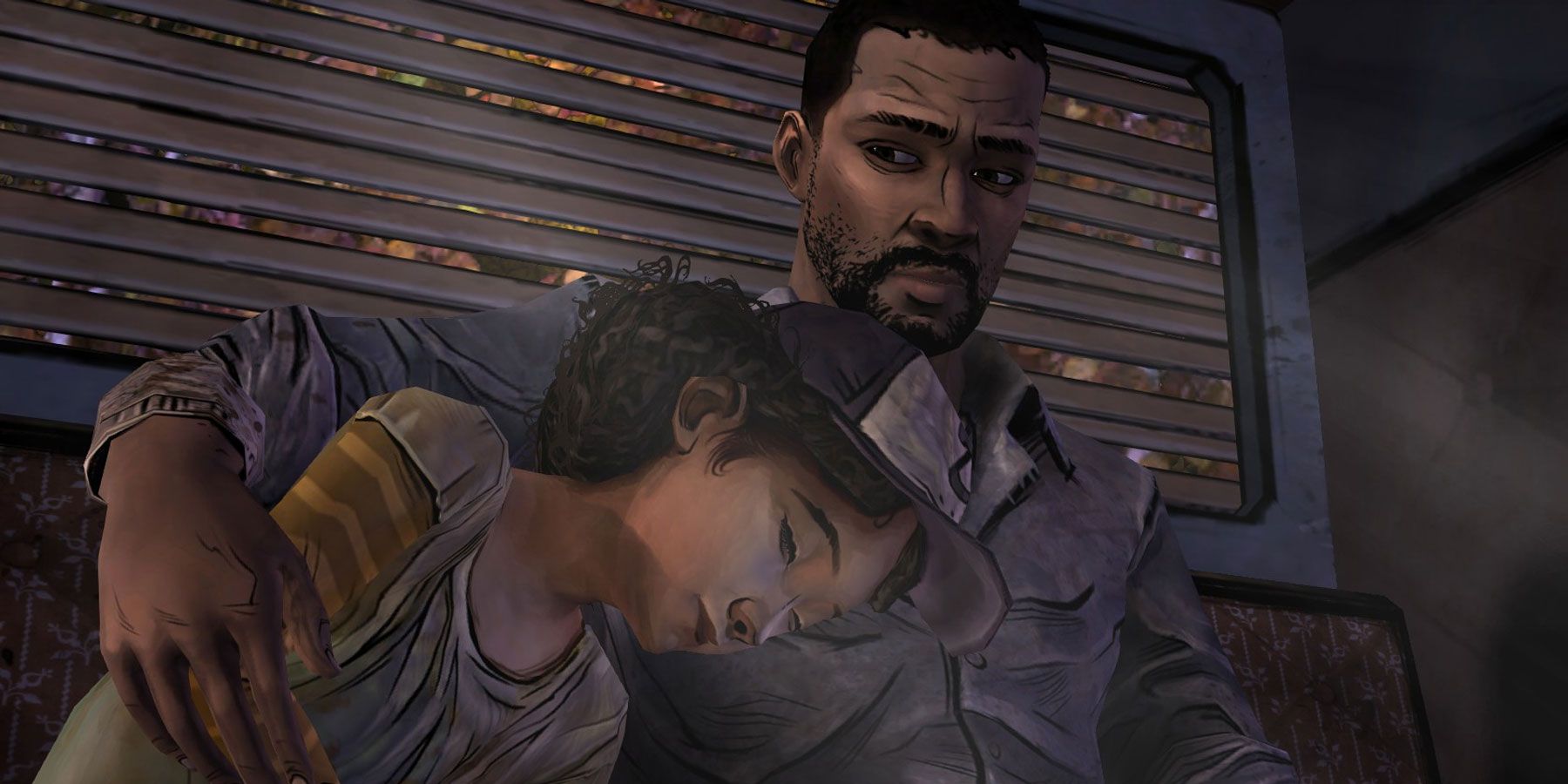As The Walking Dead TV show gets ready to begin its eleventh and final season, fans who have been with it from the start might already be looking for the next thing to scratch their undead itch. The multimedia zombie series has led to the creation of plenty of great Walking Dead properties like comics to spinoff shows to, perhaps best of all, video games. Telltale’s The Walking Dead Season One is one of the best narrative experiences console owners can have and is absolutely worth a play almost a decade following its initial release.
While Telltale has since made plenty of narrative-driven games, it seems as if nothing has reached the same acclaim as The Walking Dead Season One. That may not be speaking on a lack of quality in the studio’s other work, but more about how excellent The Walking Dead is. Despite its nearly universal praise, it seems as if the game is often forgotten about when discussing some of the best titles that the medium has to offer. As such, it deserves another playthrough from fans who’ve experienced it before and a try from anyone who’s looking for more great zombie storytelling following the show’s conclusion.
Quality Narratives with The Walking Dead's Complex Characters
There is plenty to praise The Walking Dead Season One for, but the high-quality narrative told by the cast of complex, deep characters is perhaps the game’s strongest aspect. From characters like Kenny and Clementine who Lee spends the most time with to characters with smaller roles like Larry and Ben, just about every character leaves a lasting impression on the player. Each new person introduced in Season One is memorable in their own ways and is written with lifelike accuracy.
Although other games similar to The Walking Dead have further explored the branching narratives that it claims to have, The Walking Dead Season One allows for the player to truly feel like a part of the story by doing two things: giving them a few narrative altering choices and giving them the agency to decide for themselves who is worth siding with. Upon multiple playthroughs, it’s clear that the game’s story doesn’t branch as far as it wants the player to believe, but depending on the handful of major choices and how the player treats each character, they could arrive at the end of the story feeling completely different about its events than in subsequent playthroughs. That sort of narrative complexity still holds up and is better than plenty of other choice-based, narrative experiences that have come since.
Ignoring The Walking Dead Season One’s Age
There’s no doubt that the story and character drama of The Walking Dead Season One still holds up. However, when not in conversation, the gameplay and puzzle-solving can feel like a bit of a drag. It’s true that other narrative focus games have since improved the downtime between big story moments (even other games in The Walking Dead series have improved on the formula) but that shouldn’t be a major detraction from experiencing everything that Season One has to offer. Those longer, more exploratory sections are definitely front-loaded in the game, but that means that as the player continues, The Walking Dead Season One just keeps getting better as the downtime slowly starts disappearing.
The 2014 rereleases of the game for Xbox One and PS4 have made some pretty noticeable improvements for many of the lacking animations and textures that come hand in hand with playing older titles, so those put off by some of the older presentation should look into playing that version of the game. With its place on Xbox Game Pass and its availability on just about every major console since its 2012 release, it’s never been easier to pick up The Walking Dead Season One and give it another try.
The Walking Dead Season One is available on PS3, PS4, PC, Switch, Xbox 360, and Xbox One.



